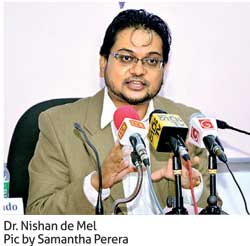By Chandeepa Wettasinghe
The Finance Ministry does not have the capacity to analyse and plan a budget, which has led to the lack of budget transparency, proposals, which may not be in the public interest and poor discretionary spending through a possible slush fund, according to Verité Research.
According to the Open Budget Survey released this week, Sri Lanka scored 44 points out of 100 and was ranked 60th among 115 surveyed countries, indicating that Sri Lanka’s budget process is not transparent, despite improving slightly, compared to the previous survey.

“This lack of transparency of what’s being done suggests that the quality of the process being followed internally is weak. That in making the budget, the government may not be engaging in the required analysis and thinking that would make budgetary proposals sensible and reasonable, that they will achieve their targets,” Verité Research Executive Director Dr. Nishan de Mel said.
He said that most of the projections in the budgets are never achieved.
“The estimates are poorly made. They’re guestimates and poor guesses at that,” he added.
One reason for not meeting the targets is that approximately 10 to 20 percent of budgeted expenditure is put in the ‘Development Activities of the National Budget’ fund, which is a discretionary slush fund, according to Dr. de Mel.
“That line item still exists. It has been growing in some years and shrinking in some,” he said.
While many welfare activities are funded through this fund, other spending not envisioned in the budget, such as vehicle purchases for parliamentarians, also happens via this fund, which end up with some finances budgeted not going for the outlined purposes, he said.
“It means that you really have no idea about fixing your spending plans and that you are allowing yourself a very large discretion and using a discretionary fund to really implement your decision-making. It’s poor planning, poor foresight and poor understanding of how things are going to turn out. So you keep the budget discretionary and use that to solve your problems,” he said.
According to a recent study done by Verité Research, just 3 percent of new budget proposals for 2017 had been implemented during the first half of that year, with 32 percent of the spending lagging behind, 14 percent of the proposals being broken and 51 percent being undisclosed, indicating that what is told to the public and what the money is being spent on is different.
Further, when the Finance Ministry lacks analytical and decision-making capacity as well as a proper public consultation process—like the Public Utilities Commission of Sri Lanka holds for the electricity sector—to evaluate the public welfare of proposals, corporate interests gain ground, Dr. de Mel said.
“So I think everybody, specially the chambers of commerce in this country, do present proposals to the government. The important thing to understand is not whether they took them into the budget but how they analysed them to see whether the proposals were in the public interest because ultimately the budget must be for the interest of all, not just the interest of a few,” he said.
Since the bureaucracy in the Finance Ministry publish complex reports in formats, which are inconsistent that preclude public scrutiny and accountability, the lack of analysis and planning, discretionary spending and revised budget projections are hidden from the public, Dr. de Mel said.
He said that the current Finance and Mass Media Minister Mangala Samaraweera is attempting to change this situation by employing experts from the private sector but actions such as setting up the Budget Monitoring Unit shows the extent to which there is a crisis in the bureaucracy within the Finance Ministry.
“These are short-term solutions. What we need are long-term solutions,” Dr. de Mel said.
Taken from Mirror Business

